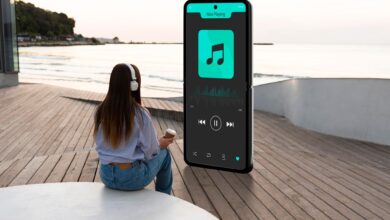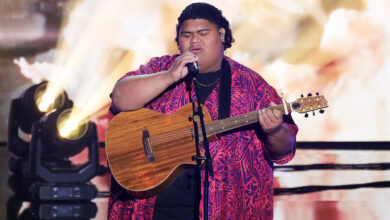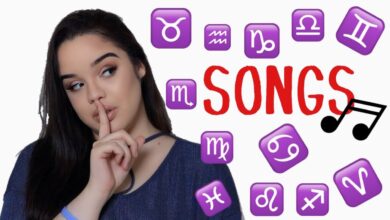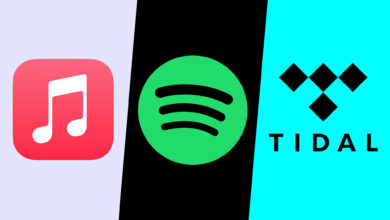The Power of Community: Creative Fundraising Ideas to Support Music Education
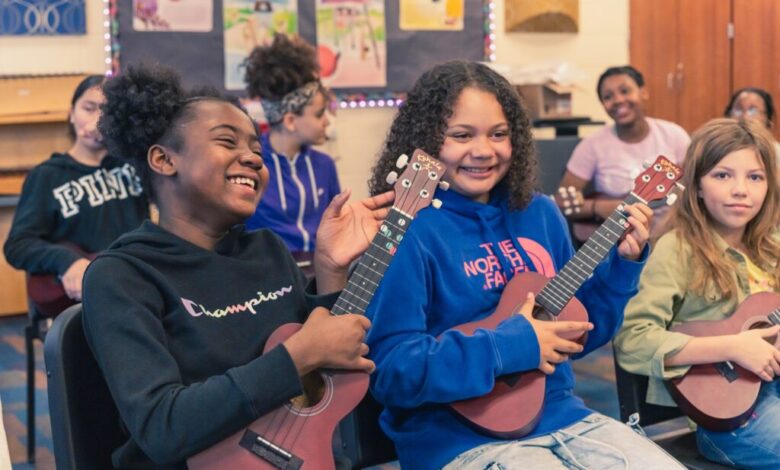
Music education is a cherished part of holistic learning, yet it often faces an uphill battle when securing the necessary funding. Engaging the community isn’t just about financial support; it cultivates a shared responsibility and passion for arts education. By rallying together, community members fill funding gaps and create a vibrant, supportive student environment. This collective approach instills a sense of pride and ownership among participants, driving ongoing engagement and commitment. With the right strategies, communities can transform fundraising efforts into celebrations of their collective strength.
Why Music Education Matters
Music education plays a pivotal role in developing well-rounded students. Beyond just learning to play an instrument, music education contributes to cognitive development, emotional intelligence, and social skills. This dilemma raises the question: How can communities ensure their local schools continue offering enriching music programs? A practical answer lies in effective fundraising. Furthermore, music education fosters critical thinking and problem-solving skills as students learn to interpret music and express their creativity. It also promotes cultural literacy, as exposure to diverse musical genres broadens students’ perspectives and appreciation of global cultures. These cognitive benefits are matched by social and emotional ones, as engaging in music can improve teamwork, discipline, and cultural awareness. The transformative power of music education extends beyond individual growth, as it also builds a sense of community and belonging among students, providing a social network that nurtures their overall well-being.
Innovative Fundraising Ideas
Innovative fundraising can take many forms, from musical marathons to community art exhibitions. Imagine organizing a talent showcase where students and community members perform together to raise funds. Such events generate financial support and reinforce community ties by bringing together diverse groups for a common cause. Another engaging idea could be setting up thematic music nights featuring a fusion of local cultures and melodies, encouraging attendees to participate and donate. According to research from the NAMM Foundation, students involved in music programs often demonstrate enhanced language skills, improved mathematical abilities, and higher levels of self-confidence. Other ideas include hosting music trivia nights or dance-a-thons, which bring an element of fun and competition to the fundraising efforts. Schools can attract diverse participation by turning fundraising into memorable experiences, building lasting relationships beyond a single event. The success of these initiatives often lies in their ability to foster a sense of communal achievement, where every participant feels a part of a meaningful cause. By tapping into creativity and community spirit, these innovative approaches can redefine how fundraising strengthens ties within the community.
Virtual Events for Community Engagement
As technology evolves, virtual events have become an accessible way to reach new audiences and gather support. Hosting a virtual concert allows schools to include participants from different regions, not just local ones. Platforms such as Zoom, YouTube, and Facebook Live enable schools to stream performances, interviews with music educators, and interactive workshops. Offering unique digital content, such as masterclasses with professional musicians, can add value and appeal to these events, providing participants with memorable experiences. Virtual events are versatile and can be tailored to suit various interests, thus broadening potential reach and participation. This approach breaks geographical barriers and brings together music lovers who might not otherwise have had the chance to connect with these programs. Schools ensure their fundraising activities are inclusive and innovative by creating a digital space for engagement and interaction.
Partnering with Local Businesses
Local businesses can be valuable allies in pursuing funding for music education. When businesses partner with schools, they contribute resources such as sponsorship, venues, or in-kind donations like event catering or printing services. These partnerships are mutually beneficial; businesses gain positive public exposure, and schools enhance their funding sources and community reach. A local restaurant, for instance, might host a fundraising dinner where a portion of the proceeds goes to the school’s music program, creating a win-win situation. Furthermore, these collaborations can lead to long-term partnerships that provide continued support and resources for music programs year after year. By leveraging these business connections, schools can increase visibility for music education while strengthening community ties. Engaging local businesses diversifies funding strategies and cultivates a support network that bolsters the vibrancy and sustainability of music education programs.
Utilizing Social Media
Social media has transformed the way communities communicate and organize for causes. Platforms such as Instagram, TikTok, and Facebook provide creative opportunities to share stories, successes, and updates about fundraising efforts. Schools can engage their followers by sharing videos of student performances, behind-the-scenes looks at rehearsals, or testimonials from students and teachers about the value of music education. By posting consistent and engaging content, schools create a narrative that resonates with audiences, inspiring them to join and support the cause. Celebrating milestone achievements or highlighting individual stories can humanize fundraising efforts and build a stronger emotional connection with the audience. Social media’s interactive nature allows for real-time engagement, enabling schools to foster community and direct supporters towards action-oriented goals such as attending events or donating.
Leveraging Crowdfunding Platforms
Crowdfunding platforms represent a modern solution for fundraising, especially for smaller community-driven projects. These platforms allow individuals worldwide to contribute to their chosen causes. For schools, crowdfunding can showcase the specific needs and stories behind their fundraising campaigns, with regular updates fostering a transparent and involved donor base. Through compelling storytelling, schools can articulate the transformative power of music education, encouraging donors to give generously. These platforms often provide analytics tools that help track campaign progress and donor interactions, offering valuable insights to optimize future fundraising strategies. By harnessing the collective power of small contributions, crowdfunding makes it possible for everyone in the community to participate, regardless of their financial capacity. This democratic approach to fundraising empowers communities to contribute significantly to the sustainability of music programs.
Success Stories in the Community
Communities nationwide have successfully rallied around their schools to support music education. Numerous examples of creative fundraising campaigns leave lasting impacts in small towns and big cities. From a school in Oregon that hosted a series of sold-out talent shows to an urban school that collaborated with a local music festival, the power of community-led efforts cannot be underestimated. These initiatives often bring unexpected benefits, such as enhancing local cultural appreciation and strengthening intergenerational ties. Schools have reported improved student engagement and heightened community pride following successful fundraising campaigns. The key takeaway from these success stories is the effective mobilization of resources and talents, fostering a communal spirit that benefits everyone involved. By sharing these success stories widely, communities can inspire others to initiate similar efforts, creating a ripple effect that supports and enhances music education nationwide.
Future Trends in Fundraising
Looking ahead, fundraising strategies are set to innovate alongside technology. Blockchain technology could revolutionize tracking and distributing funds, offering transparency and accountability. Artificial intelligence might be used to personalize donor engagement, creating a tailored experience that encourages larger and more frequent contributions. Environmental sustainability initiatives may become a focus within fundraising, aligning with broader societal goals and attracting donors who prioritize these values. As these technologies and trends become more mainstream, they can transform the fundraising landscape, enabling even greater support for music education and other essential school programs. By staying ahead of these trends, communities and schools can maximize their fundraising potential, securing the resources necessary to continue offering vibrant and impactful music education for future generations.
